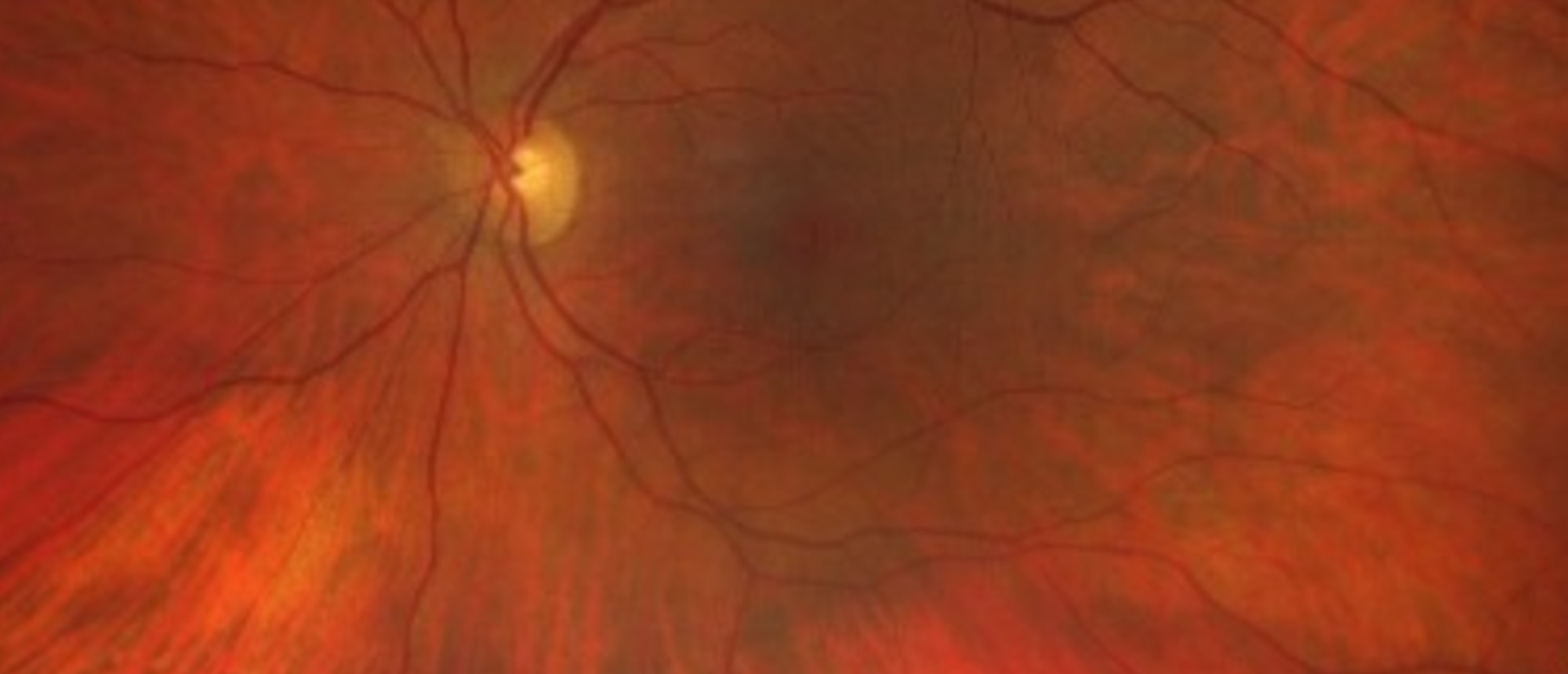Posterior Cortical Atrophy Variant of Alzheimer's Disease
A patient presented for evaluation of optic nerve atrophy and gradually progressive, painless visual distortions for 3 years. She reported difficulty keeping track of characters while reading, judging the speed of other moving vehicles, calculating tips, cutting vegetables, putting together blocks, making out shapes, and putting on garments. She denied any weakness, numbness, rigidity, tremor, or visual hallucinations. Her exam was notable for VA 20/30 OD and 20/25 OS, Ishihara 0/11 OU, left homonymous hemianopia, simultanagnosia, object agnosia, hemianopic dyslexia, and ideational apraxia. OCT of the RNFL and GCL showed thinning OU. Nutritional workup including B12, Folate, Thiamine was unremarkable. MRI of the brain was significant for right posterior cortical atrophy. The patient underwent FDG-PET scan showing hypometabolism of the occipital/parietal lobes right greater than left and CSF Admark Profile with AB42/P-Tau values indicative of Alzheimer's Disease. The patient met criteria for Posterior Cortical Atrophy Variant of Alzheimer's Disease based on the 2017 international consortium criteria. She is undergoing evaluation/consideration for monoclonal antibody therapy for targeting AB42 protein. OCT findings in this rare variant of Alzheimer's disease may support the hypothesis of Trans-synaptic retrograde degeneration etiology to optic nerve atrophy as well as retinal amyloid/tau deposition.
Presentation Date: 10/05/2023
Issue Date: 10/20/2023
Please log in or click on ENROLL ME to access this course.
